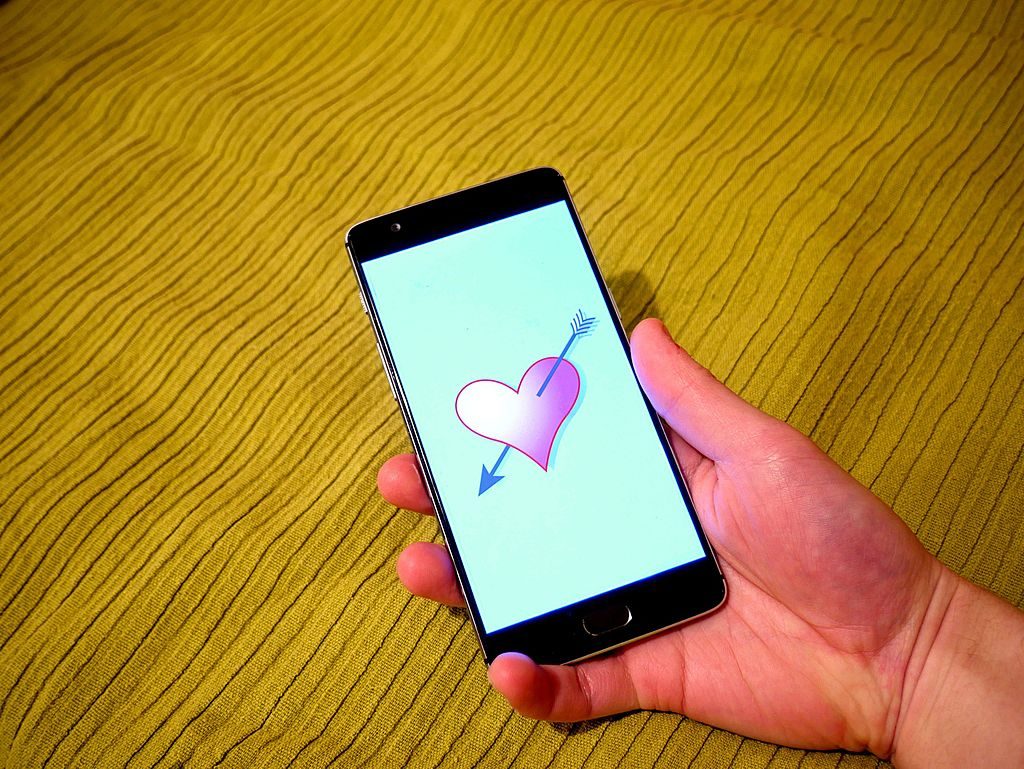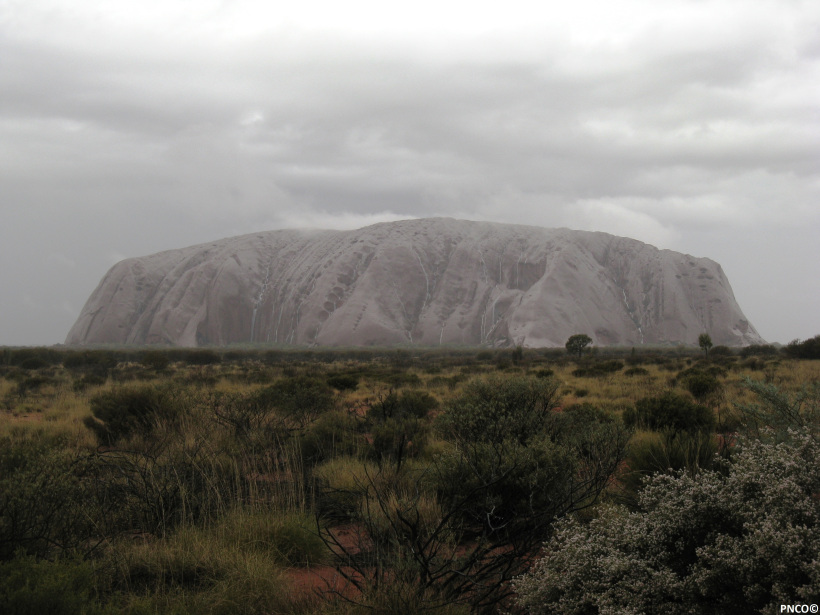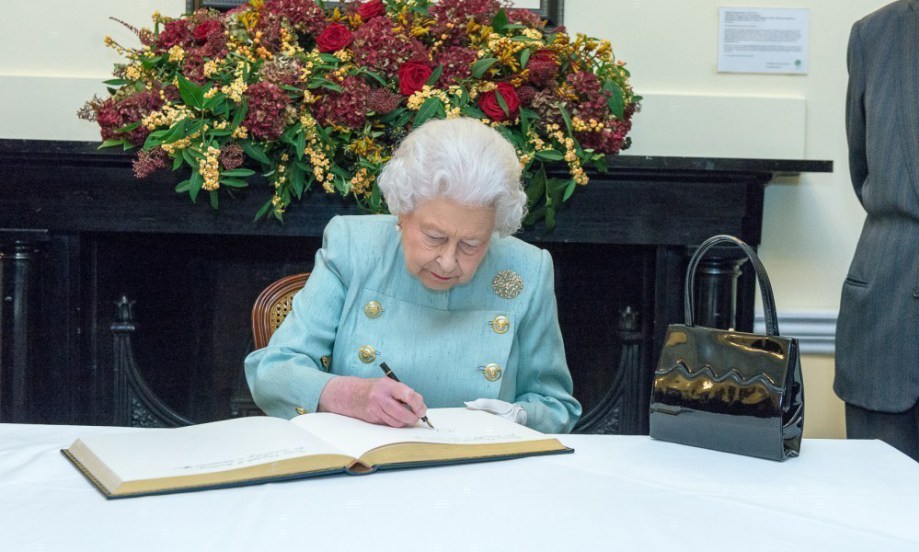In a recent letter in The Times (of London), a reader described his experience of driving his old Renault 4 through France: “On the road, the beeping by other drivers made me nervous — until I twigged the car was being saluted.” Does the word “twigged” make any sense to you in that context? If you’re a Brit, it probably does. But I’m sure most Americans won’t twig … Continue reading
Aussie dimmos
English is littered with diminutives — commonly abbreviated words — in standard usage. Phone, bike, fridge, gym, typo, photo: they’re all diminutives* in that sense. Sometimes we add a suffix after butchering a word to give it an even more informal feel: think comfy (comfortable), cardie (cardigan), telly (television), and even brolly (umbrella). OK, admittedly those are all British colloquialisms: we Brits [see?] are more prone than our neighbors across the pond to add weeny appendages back in once we’ve sliced off the fatty syllables. (And see Glosso’s earlier post: “I’ll take that with a side of small words.“) But wait: there’s a country that’s even more inclined to hypocorism (yes, that’s what it’s called) than English-speakers on either side of the Atlantic. G’day Aussies! Continue reading
Answer to yesterday’s Glosso quiz: what do these authors have in common?
Here’s a rare Glossophilia quiz for you.
What do these seven authors have in common? If you know, or want to take a guess, please mark in the comments section below. The answer will be posted tomorrow.
Hans Christian Andersen
James Baldwin
Bill Bryson
Lewis Carroll
Franz Kafka
Mark Twain
H.G. Wells
Good luck!
***
The answer is that they were all left-handed. Yesterday was International Left-Handed Day.
*****
Online dating slang: a glossary
If you’re looking for Cupid’s help online — as most love-seeking singles are inclined to do these days — then you’ve probably encountered some of these common 21st-century dating behaviors up close and personal. Their names are almost as ridiculous as the activities they describe — especially since most of them are gerunds formed from nouns-or-even-proper-names-masquerading-as-verbs. Sigh. Continue reading
Bigly – update
“And they’re taking it over bigly.” … “Obamacare kicks in in 2016, really bigly.” … “Mexico is ripping off the United States bigly and we have to do something about it.” Donald Trump likes that word bigly, but is it legit?
Update 9 August 2018: Apparently it was indeed a word back in the late 19th century, as used by a literary great of the time (as illustrated above). It fairly pains me to mention these two men in the same breath. Please note in a comment below if you can guess who that author is … Continue reading
Poetry in Motion: W. S. Merwin “Remembering Summer”
Petrichor
Petrichor.
Any guesses what it means?
Continue reading
Treason or treachery?
What is the difference between treason and treachery? And is treasonous a real word? Continue reading
A right royal typo
It wasn’t widely reported, but The Queen recently made a boo-boo in this year’s official Ascot program(me). “International competition is a compelling feature in the modem era,” she wrote in her foreword. Maybe Buck P hasn’t yet discovered wifi. Or, more likely, one of her young scribes hasn’t yet mastered the art of cursive writing…
The Times picked up the story in its Royal Ascot Diary.
***










